Word Count: 1,119
Average Read Time: 4 minutes 4 seconds
Chances are you've heard the old doctor's advice for weight loss: "Eat Less, Exercise More." Many personal trainers recommend the same or a similar version of this advice to their clients when their goal is to drop weight, lose pant sizes, and achieve a lean, muscular physique.
In my opinion, when you want to achieve or maintain a muscular frame and improve your body composition while dropping body fat - this is horrible advice. I'll explain why "eating less and exercising more" might just not cut it for you and what else you can do to ensure you're headed to your desired body.
What Does "Eat Less, Exercise More" Mean?
On the surface, this seems like an attractive idea. It's clear, it's straightforward, and it does work (to an extent). It stems from the concept of energy balance; meaning if you eat fewer calories than you burn, you'll lose weight. This is factually correct, and backed by scientific evidence - so why then is it bad advice?
First of all, it's much too vague. Eat less and move more is a reasonable starting point but how do you know how much is right for your body and your activity level without more specific guidance? Eating less will address the "calories in" portion of the energy balance. Still, if you take your calories too low, there are some serious negative consequences.
The chances of reducing your protein intake by accident are high. Protein is essential because it keeps you feeling full longer, which is vital on a diet. It also helps in muscle repair and will play a role in making sure you don't lose lean muscle mass as you diet.
The point is to lose fat specifically, not weight. After all, you probably want to build, or at least maintain muscle mass. So keeping protein high (at least 1g of protein per pound of your body weight) will be critical to feeling full and saving as much of that hard-earned muscle tissue as possible.
Moving more addresses the "calories out" portion of the energy balance. Still, for most people on a diet, they'll reasonably interpret this as "do more cardio". If you’re doing too much cardio while on a calorie-restricted diet, you will drop even more lean mass, which can slow down your metabolism. This means that you'll need to eat fewer and fewer calories to keep losing weight. All while you have less energy to train hard in the gym.
What's Better Advice then?
While “eat less and exercise more” will help you lose weight, it's not the optimum way to lose body fat. Losing weight includes the loss of water weight, as well as muscle tissue, and some fat.
Don't get me wrong. Energy balance is essential, so considering "eating less, exercising more" as the fundamental principle for starting a fat loss plan is sensible. However, there are four main strategies to lose fat in an optimized way, meaning losing body fat and not losing lean muscle.
Do you want to shred fat?
Become an insider and learn my simple 3-step process for creating a meal plan that will help you finally get the body you've always wanted.
1) Keep Protein High
Protein is an essential element of fat loss because it helps preserve lean muscle mass and keeps you feeling full for longer. Research has shown that satiety feelings (feeling full) lead to reduced snacking between meals, eating smaller portions at mealtimes, and overall keeping the calorie intake lower.
2) Strength Training
Strength training on a diet will preserve muscle and even build muscle if you're a beginner or early intermediate lifter.
Psychologically, strength training plays an important role. It gives you a specific goal to work towards, which offers a positive focus, better consistency, and commitment. Ensuring you're covered from all angles will help you mentally during a fat loss program when it can sometimes feel like you're just removing things through the diet.
3) Recovery and Sleep
Recovery is an often neglected area of fat loss, but it is essential. When sleep quality and quantity are low, it's easy to go through the next day feeling groggy and making less than optimal food choices.
Rates of snacking is high, and dietary compliance is low. If you have a poor night's sleep, you're more likely to eat too many Calories, which impacts your rate of fat loss, especially if sleep is a chronic problem rather than a one-off lousy night. Research indicates that not getting enough sleep makes it harder for your body to get rid of existing body fat.
Ensuring you get enough good quality sleep will be critical, so starting to prepare for bed ahead of time will help you have a "winding down routine". Appropriate habits in the hour before bedtime include no screens, no caffeine, and no alcohol (as this can make it much harder to enter the deep, restful stages of sleep). Sleeping in a cool, dark room will make it easier to fall asleep and stay asleep.
4) Stress Management
Managing your stress will be necessary for several reasons related to weight loss. Acute stressors, which are short-term problems that exceed your belief that you can cope with them, can cause digestive upset. When these problems go on for a long time, chronic stressors can negatively upset your hormone balance.
All types of stress, including emotional, work-related, and even an exercise routine that's not tailored to your fitness level, can impact your recovery; how well you sleep, digest food, and even influence your preference for foods; leading to cravings for high fat, high sugar foods (known as "hyper-palatable foods") which are calorically dense. In other words they have a lot of Calories per serving and are easy to overconsume.
Taking time to manage stress throughout your day is personal, and the right methods for you may be different from someone else. Any activity that brings you joy and lets you let go of your daily stress will help with that. This could be yoga, spending time outdoors, meditating, praying, cleaning, playing music, dancing, gardening, playing games, or whatever works for you.
Takeaway
While eating less and exercising more can be a good starting point for your weight loss journey, it leaves many useful and specific advice left unsaid. This well-intentioned statement is vague to the degree that, depending on your goal, could be almost unusable, and if you've struggled with this simple concept in the past, know that it isn't your fault. It certainly isn't a foolproof method, and there is a better way.
Thank you so much for reading! If you found this information helpful and want to help the Treadaway Training blogcast grow, simply share this post with a friend. If you like what I have to say, join the Skinny-to-Jacked Society Facebook group or check out my YouTube channel. I will be back here Saturday with another body transformation topic. As always, God bless you AND your family and I'll see you Saturday.













